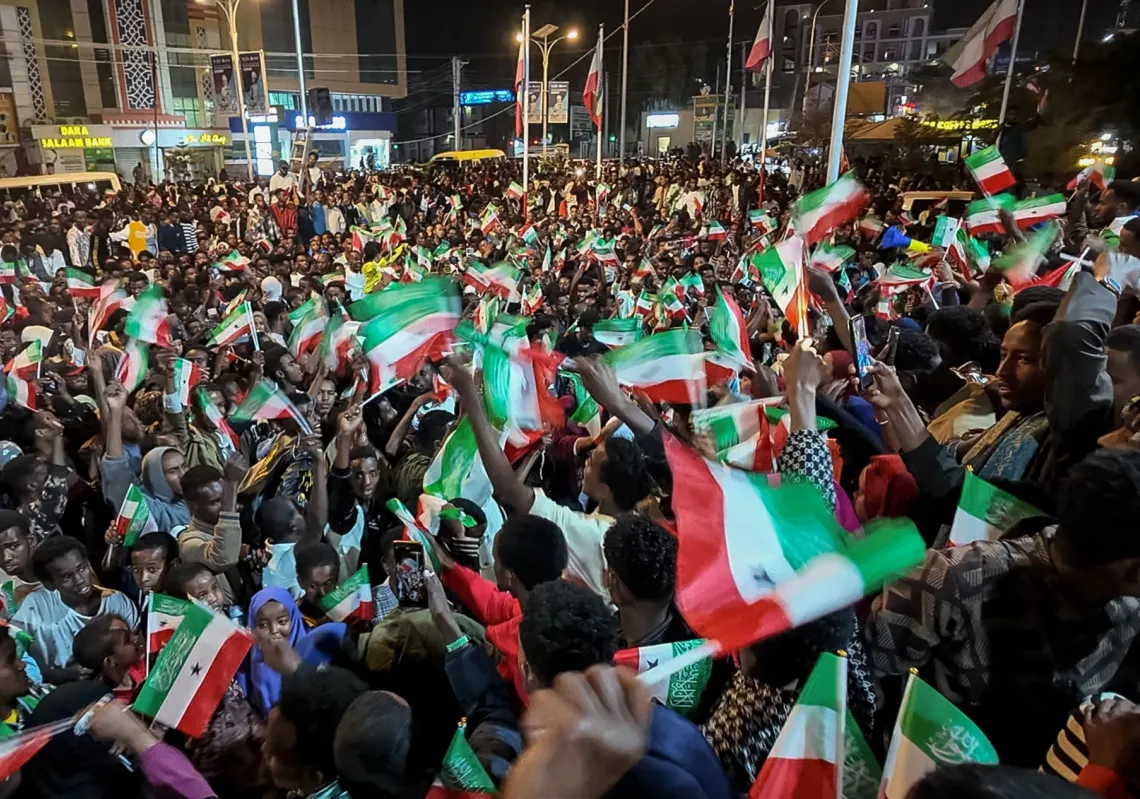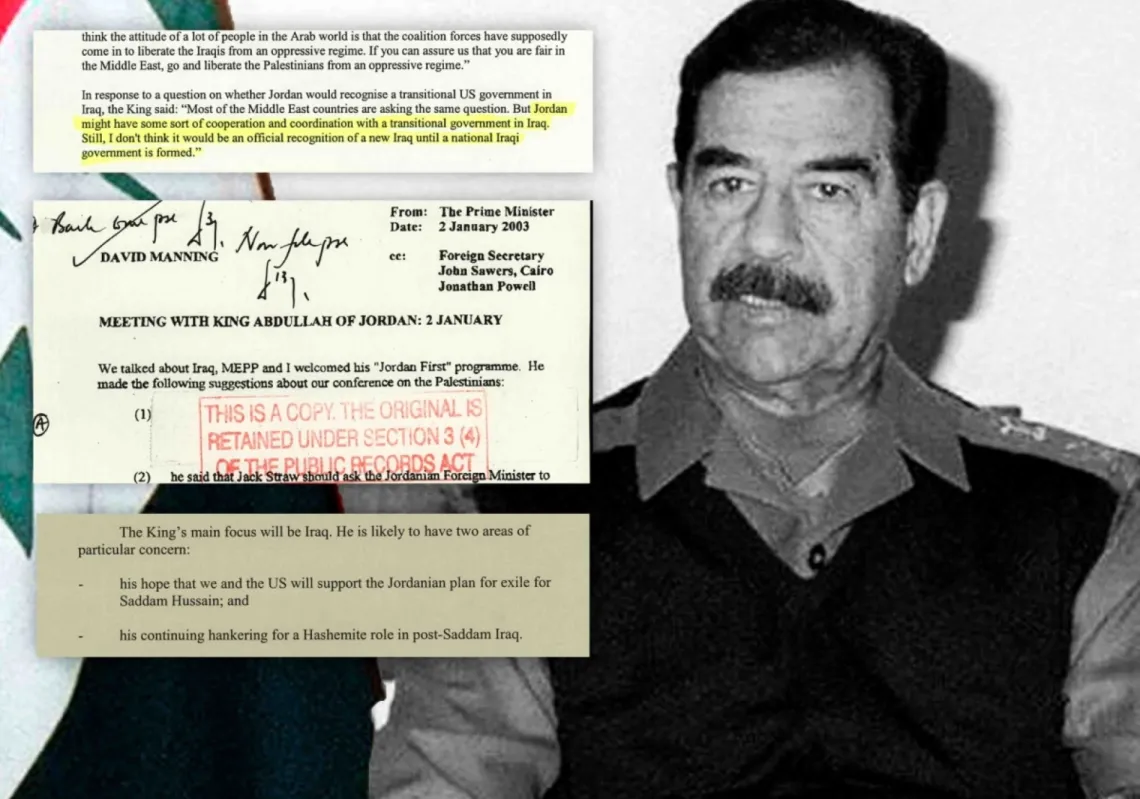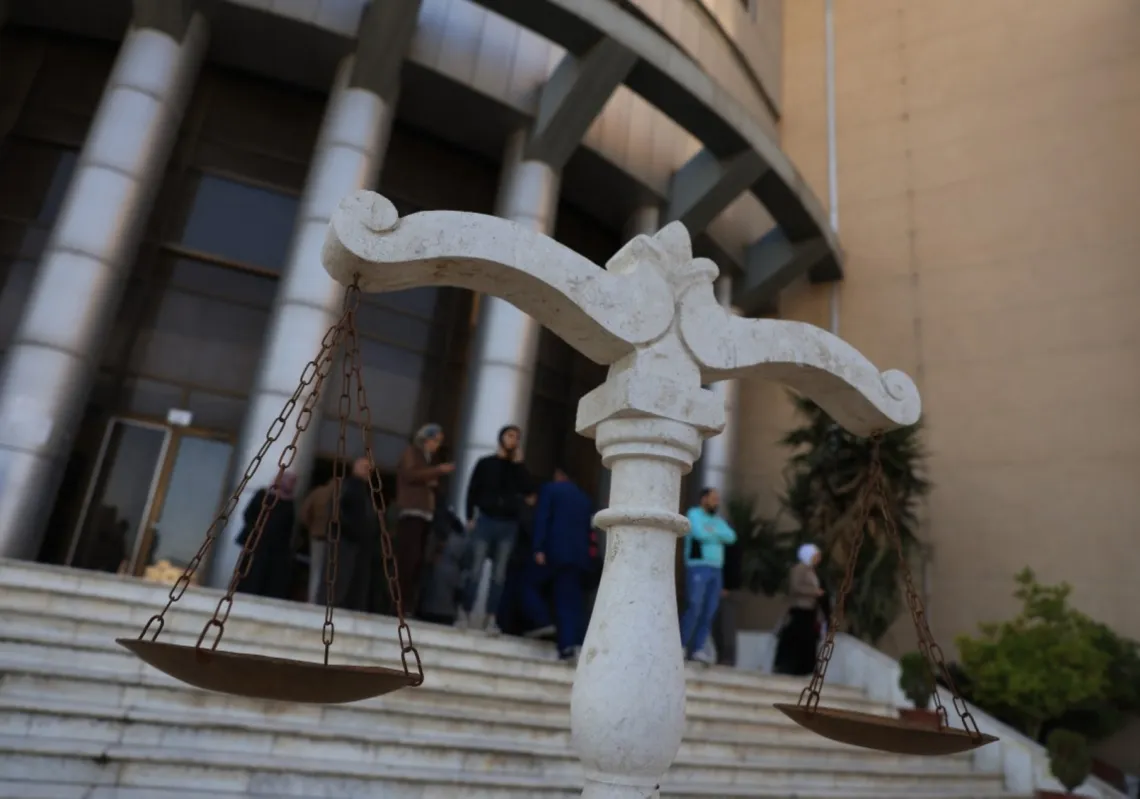Nigeria, Africa’s most populous country, has a difficult political history. Since its independence, ethnic and sectarian violence has complicated the tenuous constitutional arrangement that holds the country together. Despite being a major producer of oil, political tensions and corruption have often gotten in the way of Nigeria’s ability to overcome economic crises. As a result of the complicated legacy of their political leadership many Nigerians are pessimistic about most of their politicians.
Goodluck Ebele Jonathan, however, has become an exception. This academic-turned-politician, easily identified by a black fedora, was promoted from vice president to acting president of Nigeria in January 2010. A federal court gave him the power to carry out state affairs after President Umaru Yar’Adua left the country for Saudi Arabia the previous year in order to receive medical treatment. Having remained incommunicado with his staff since then, Goodluck Jonathan filled the power vacuum that Yar’adua had left in place.
Amidst the confusion that Yar’Adua’s absence instilled, Goodluck Jonathan has become a force to be reckoned with in Nigeria’s political scene. Although the government continues to represent factions that support Yar’Adua, Goodluck Jonathan has developed a following of his own.
Despite his popularity, however, many have questioned his experience, with some alleging that the only reason he was given the post of acting president was because he would never pose a threat in the country’s upcoming elections. This perception is not all that surprising when one reviews his past reluctance to run for office. Jonathan, instead, is known for being a politician who avoids power.
Goodluck Ebele Jonathan was born in November 1975, the son of a rural canoe-carver, in the oil-rich Niger Delta. A Christian from the Ijaw ethnic group, he spent his youth studying zoology, and later working as an inspector, lecturer and environmental protection office. Jonathan’s commitment to the study of science pushed him to obtain a PhD in zoology. He did not run for office until 1998 and only upon much insistance from his colleagues.
His reticence to join politics has been an underlying theme throughout his political career, and it is this reluctance, perhaps, that has made him so popular among Nigerians, who have grown to trust his uniquely demure governing style.
Yet, the hesitation associated with his political trajectory has been depicted by opposition groups as weakness. After all, Nigeria’s political landscape is complex and even tenured politicians have had a difficult time navigating the various interest groups that run the country.
Nigeria has 36 state governors, some of whom control oil interests; there is also the military and their historical interference in politics; and finally there are the religious and ethnic factions that also have an important stake in Nigerian politics. A good president must be able to negotiate the interests of all of these groups while not backtracking on his own agenda. Jonathan’s fortuitous rise to power appears to lack the type of experience in politicking that would be necessary to balance the various interest groups in the country.
However, even though Goodluck Jonathan has only been in office for a few months, his record as acting president has demonstrated that he is serious about his position and capable of getting the job done. One particularly significant move has been his ability to break with Yar’Adua’s presidency. He did this by demoting the attorney general, who, according to the BBC, was “closely associated with backsliding on the president’s good-government promises.” More important, however, was the decision to dissolve his cabinet in early March, allowing him to put his own touch on the government.
Prior to this decision, the cabinet was comprised of the ministers he had inherited from Yar’Adua, and the infighting between his followers and those of the former president’s had become a serious impediment to Jonathan’s leadership. In appointing his own cabinet, Jonathan was able to demonstrate that he had the mandate and political know-how to act as the president.
But that’s not all. Goodluck Jonathan wasted no time after his inauguration to meet with oil company officials—demonstrating his belief that stability in the Niger Delta could be guaranteed if the government’s amnesty was reinforced.
Militant groups and criminal organizations have fought over control of this region, yet, the deal provided by the government has failed to deliver on many promises, and this has done little to quell violence. Jonathan’s recognition of the importance of this issue shows the potential of his government, but only if he can win the trust of the militants. His experience as vice president bodes well for this issue, as his position was distinguished by his ability to negotiate with the militants in the delta who share his Ijaw identity.
However, negotiating interests over oil is not the only conflict Goodluck Jonathan will need to mediate if he is to establish a positive legacy in Nigeria. Another issue of increasing concern has been sectarian violence between Muslims and Christians. Jos, a city that is caught in between the Muslim north and the Christian south, was particularly struck by violence this March, with human rights groups claiming that at least 500 people had been killed in one day.
The death toll in Nigeria attributed to sectarian violence is in the thousands, and this number excludes those who were injured both physically and psychologically, but survived attacks. Jonathan, and indeed any future president of Nigeria, will have to address the tension that exists between the religious and ethnic groups lest the crisis worsens and further threatens the cohesiveness of the Nigerian state.
Whether Goodluck Jonathan will be able to run in the upcoming Nigerian elections and address the many issues that Nigeria faces on a long-term basis remains the subject of debate. In any case, Nigerian’s are happy with his track record so far, especially for having ended the power vacuum that Yar’Adua’s absence created. If he is able to keep his promise of reducing corruption in Nigeria as well, it is clear many will continue to see him as the country’s good luck charm.








